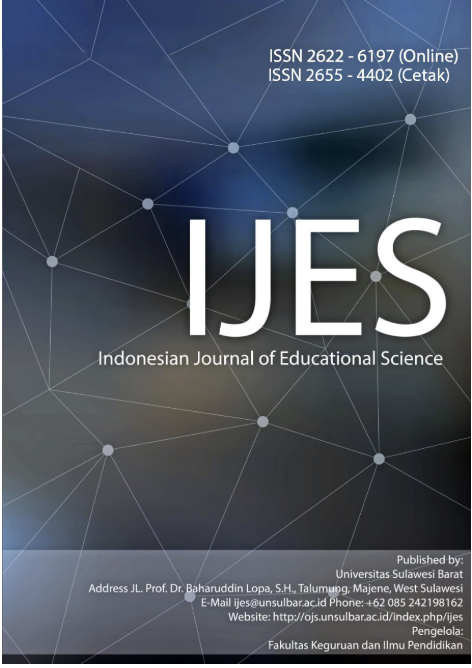Main Article Content
Abstract
This study is a quasi-experimental study with a nonequivalent control group design aimed at understanding the characteristics of island-based students and examining the impact of the Problem-Based Learning (PBL) method on these characteristics. The characteristics of island-based students in this study are analyzed from cultural, social status, interest, motivation, and cognitive development aspects. The sample consists of 14 students, with 8 students in the experimental class and 6 students in the control class. The sampling technique used is purposive sampling based on specific characteristics deemed relevant to the study. The research findings indicate that during the learning process, students from Karampuang Island were highly enthusiastic and actively participated in lectures. The analysis of the average N-Gain score shows that the experimental class (Problem-Based Learning method) achieved 85.3%, categorized as effective. Since this value is ≥ 0.70, it falls within the high category, meaning that the effectiveness of using the Problem-Based Learning method for island-based students is high. Meanwhile, the average N-Gain score for the control class (conventional learning method) was 38.7%, categorized as ineffective. Therefore, it is recommended that future researchers explore alternative teaching methods that align with the subject matter and student characteristics to enhance learning outcomes and create a more active, effective, and efficient classroom learning environment.
Keywords
Article Details

This work is licensed under a Creative Commons Attribution-NonCommercial-ShareAlike 4.0 International License.
